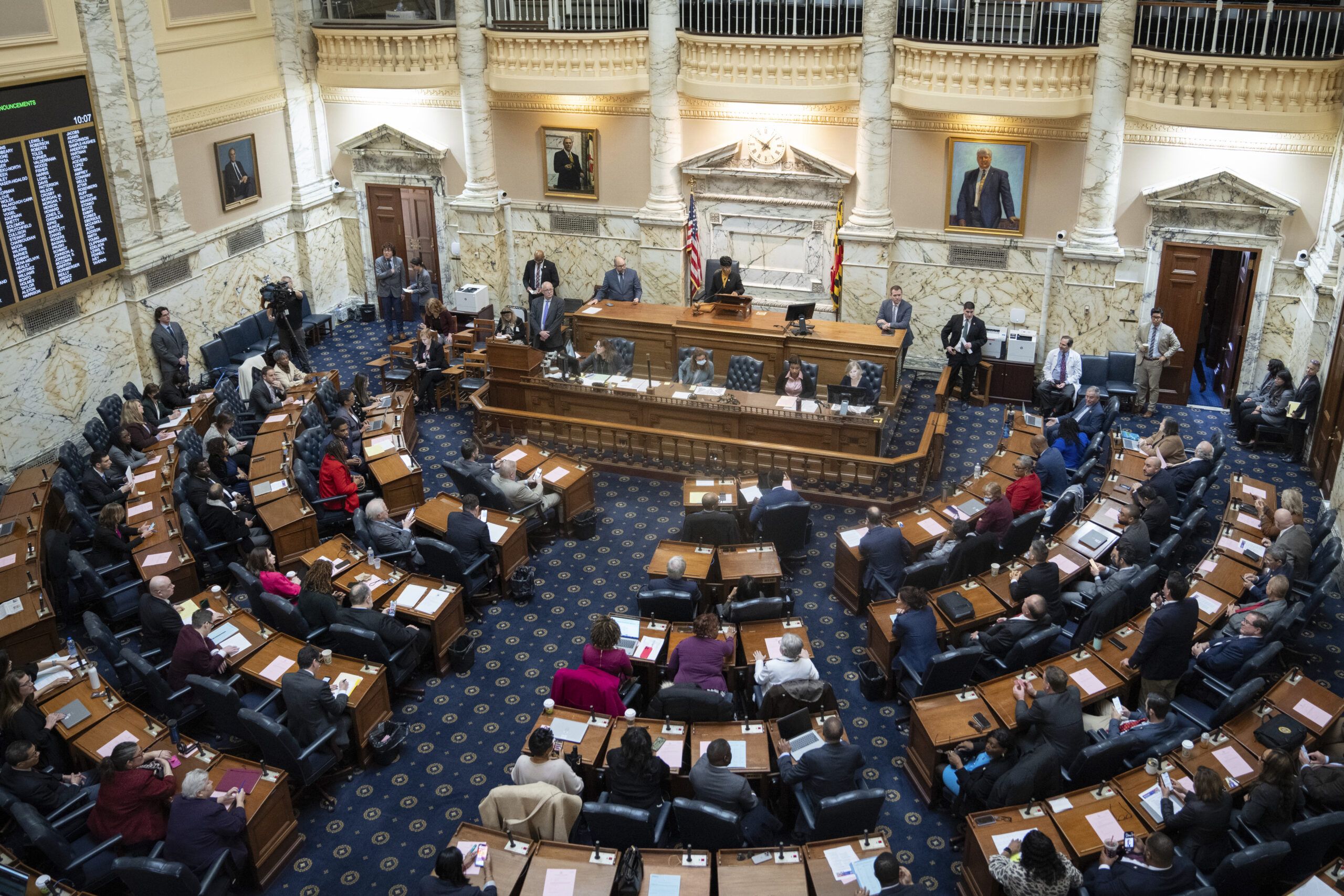

EXCLUSIVE — A new study from the Maryland Family Institute found a strong correlation between married families and lower levels of social ills.
Using data from the Youth Risk Behavior Survey, Franciscan University of Steubenville professor David Ayers, an expert in family studies, compared different Maryland counties based on percentages of households headed by married couples. The data showed a significant correlation between a higher percentage of married households and lower levels of crime, drug use, alcohol abuse, adolescent sex, and poverty.
The correlation was especially high regarding poverty and crime. Married households had a median income more than three times larger than those headed by single women. The violent crime rate of the city of Baltimore, which has the lowest married household rate in the state, was more than 14.5 times that of Carroll County, which has one of the highest.
Results consistently showed that Carroll County had many of the best outcomes while Baltimore had many of the worst.
One of the exceptions to this was rates of sadness, depression, and suicide, where no significant correlation was found.
The study is the first published by the MFI, a Christian nonprofit organization focusing on family life, religious liberty, marriage, and parental rights.
“We wanted this to be sort of our case statement for why we need a Maryland Family Institute,” MFI President Jeffrey Trimbath told the Washington Examiner. “And we tried to show through this broader report, and through each of these individual reports, that there is, in fact, a correlation between how well we form our families in Maryland and various social pathologies that we all have to live with in Maryland.”
“And what you can see from these reports is that there is, in fact, a very robust connection between those two variables,” he added. “When we form [families] that way, life goes better for every Marylander, and when we don’t form them that way, life is harder, especially for kids and adults and communities.”
Ayers argued that the study is useful for everyone in the political sphere, providing “unimpeachable” proof of a surefire way to improve the country.
“No matter how progressive a politician is, and you’re talking about officials at the county level, literally any level of government or a policy concern in Maryland, it’s right there in front of them,” he told the Washington Examiner. “The facts are unimpeachable. They all come from sources that are highly respected. If there’s any bias in any source, it would be a progressive bias. And so, even if you really don’t agree with us in terms of the basic stance we have on these issues, you would still find this really useful.”
Even those living in counties with higher marriage rates without necessarily being married will see cascading benefits, Ayers noted.
“I think it surprises a lot of people,” he said. “I don’t think they realize the stark differences, and here we’re talking about where you’re living, in the county than you live, but if you’re living where most people are married, you’re better off in almost every possible way than somebody living 10 miles away from you is living in an area where maybe the out-of-wedlock birth rate is, you know, 45% or 50%.”
Trimbath said he hopes the study will lead to conversations in the political realm about gearing legislation toward helping families.
“Every piece of legislation or most pieces of legislation in Annapolis have to have a fiscal impact note and an equity impact note, a racial equity impact note,” he said. “And so we proposed, there’s a legislator, Justin Ready from Carroll County, proposed adding a family impact note to each piece of legislation that was introduced. It didn’t pass, but the conversation was started.”
CLICK HERE TO READ MORE FROM THE WASHINGTON EXAMINER
Trimbath argued the MFI study is especially important due to Maryland’s location.
“Maryland is a state that matters deeply to the country, given its proximity to Washington and even to New York City, just a three-hour train ride,” he said. “And so if we can improve families and we can change the conversation in Maryland towards families, the potential to impact the country and the world is great, and that’s one of the reasons why we started the Maryland Family Institute.”





